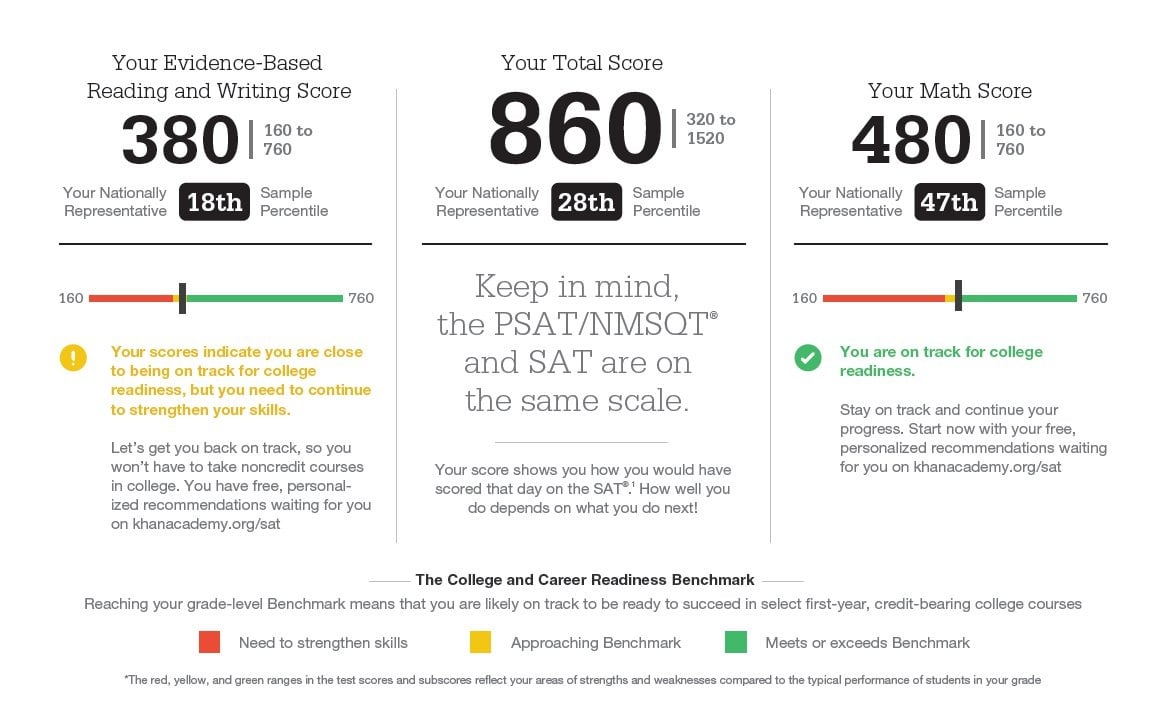Retention: Hugely Important, Rarely Discussed

IT'S NOT JUST RAW INTELLIGENCE
When it comes to misconceptions about the SAT and ACT, there are too many to count. One stubbornly persistent myth is that a student must be brilliant to earn a high score on either. This is incorrect. While there is certainly a strong correlation between raw intelligence and high standardized test scores, and a similarly high correlation between GPA and test scores, prodigious smarts and great exam numbers are far from inextricably linked. In fact, there is one ability that is equally important to earning a high SAT or ACT score, but that goes overlooked by most: retention.
A LITTLE ANECDOTE
The other evening, I was working with a student taking 8th grade geometry. He was learning about special right triangles, whose side lengths always compute within an easily defined mathematical relationship. Many problems in this topic are of the "plug-and-chug" variety: if you know the rules, they require very little deep thinking to solve. We went through how the relationships between the sides of the triangles worked, and after about five minutes, he was able to handle just about any type of problem I threw at him.
Then it occurred to me: special right triangles show up very consistently as "difficult" problems on the SAT and ACT. I write "difficult" because these problems are not actually that challenging: they are perceived as difficult in part because they tend to appear late in the section, but more importantly because the method for solving them efficiently depends on the retention of facts and procedures learned early on–––in some cases, before high school. I decided to test my student with one of these "tough" problems from an SAT administered a few years ago. Sure enough, he was able to solve it just as quickly as, if not more quickly than, my most capable high school junior students. Is this 8th-grader "better" than my best high school juniors? Not necessarily, though he is very bright. It's just that he learned the material yesterday and is being tested on it today. It's fresh in his head.
HOW DOES THIS RELATE TO RETENTION?
If every high school junior remembered their lessons from 8th grade, average SAT and ACT scores would be much higher. The harrowing fact, though, is that they often remember very little. Lack of retention is the problem.
So much of what the ACT and SAT test is simply about raw knowledge: how much did a student absorb and remember through middle and high school? As we've seen, this is especially so for the mathematics sections on both exams, but applies also to grammar rules, and in the case of the ACT, some science concepts. (Though raw outside knowledge isn’t tested too frequently on the ACT Science section, students do have to understand general experimental concepts like controls and variables.) Like special right triangles, many of the topics tested go all the way back to the 8th and 9th grades, when students learn the fundamentals of algebra and grammar–––topics tested extensively by the ACT, and tested even more extensively by the newest version of the SAT. If students’ brains are libraries, and the things they learn the books, then it’s all too often the case that old volumes are cleared–––rather than archived–––after spending a year in circulation. This lack of long-term retention is a big contributor to the “high-GPA-low-SAT/ACT-score student” phenomenon, which baffles parents: though their children could be doing very well in the current year, that won’t mean much if all the other knowledge has slipped away and can no longer be applied at will.
THE MORAL OF THE STORY
Though it's tough for young students to gain and maintain long-term perspective, it is the duty of educators to ensure that students simply don't treat information as if it should be learned, tested, and forgotten. Lack of long-term retention might not hurt students during a marking period or even an entire school year, but it will return to bite them when it comes time to take their standardized college admissions exams. We need to impress upon students just how important it is to work with the material they learn consistently and over a long period, so that when they take the SAT and ACT, their scores are not hampered simply because they've forgotten what they've been taught.



